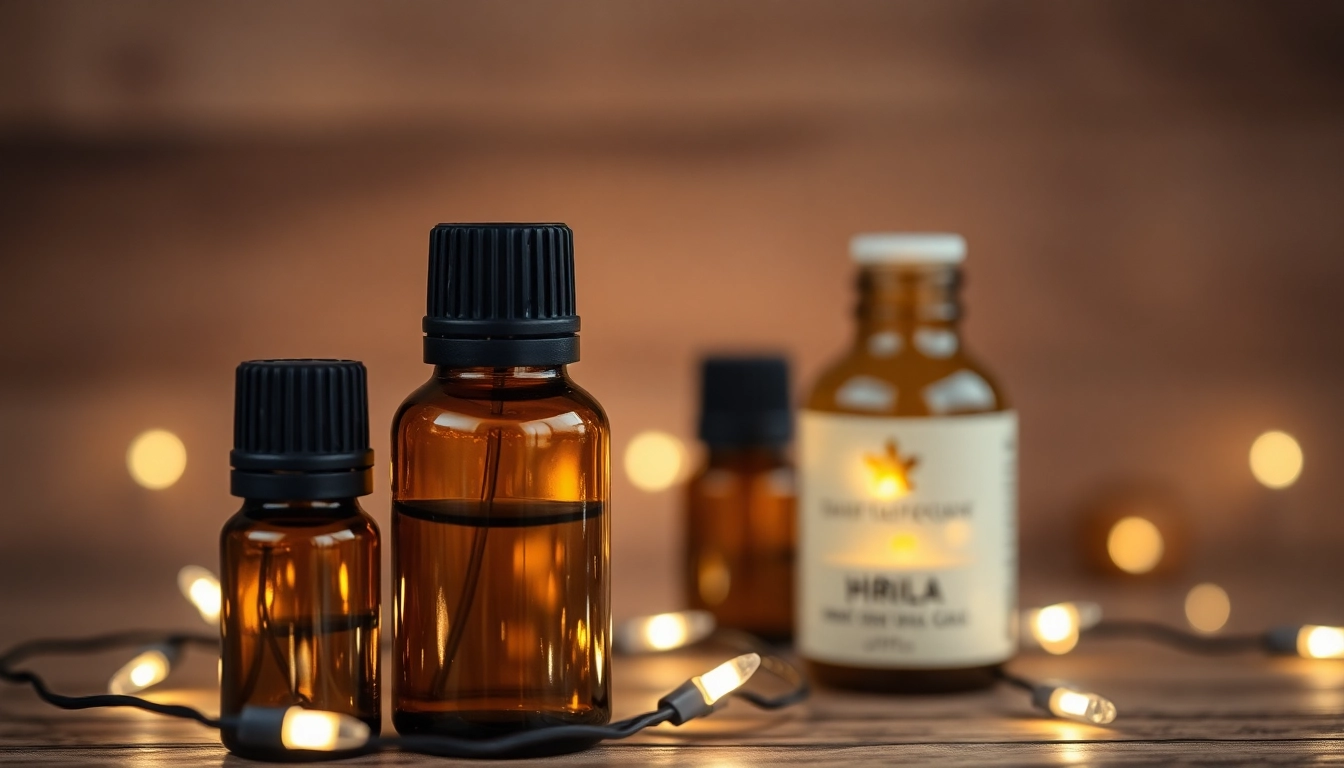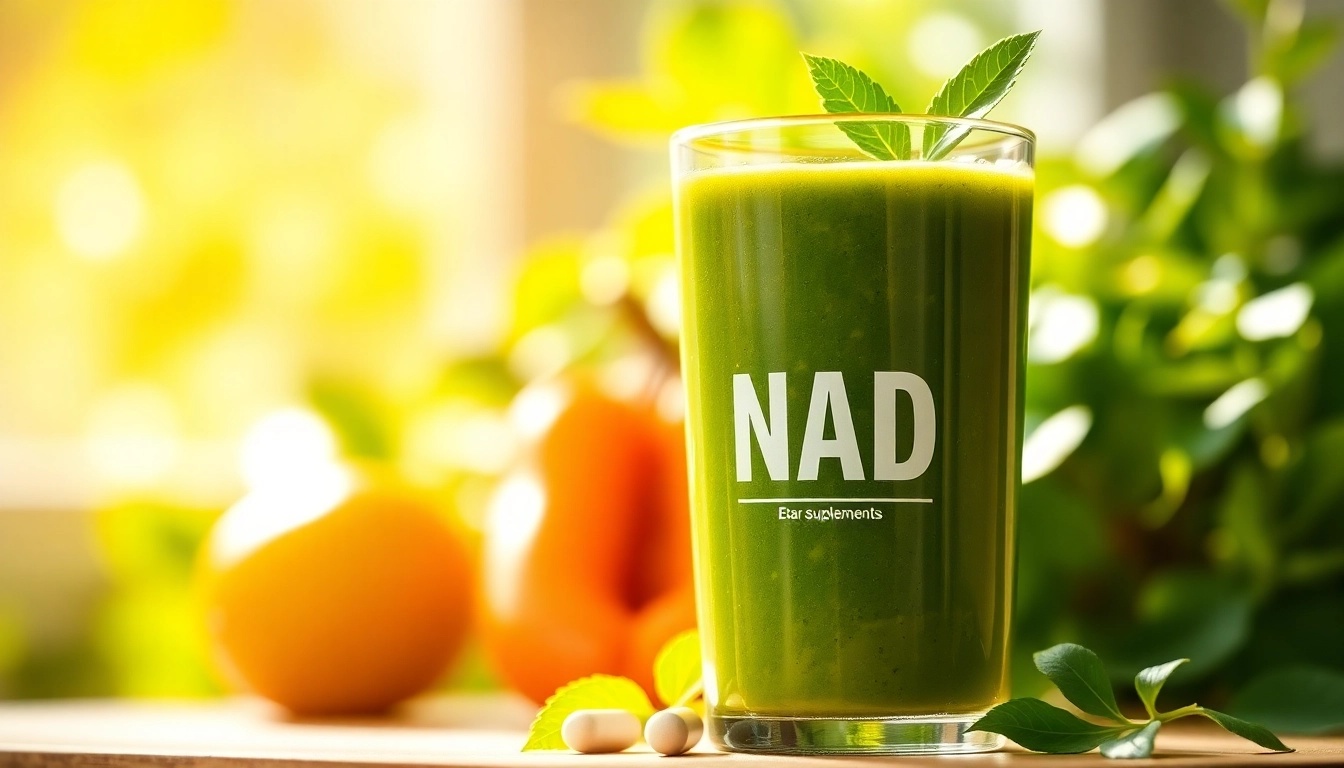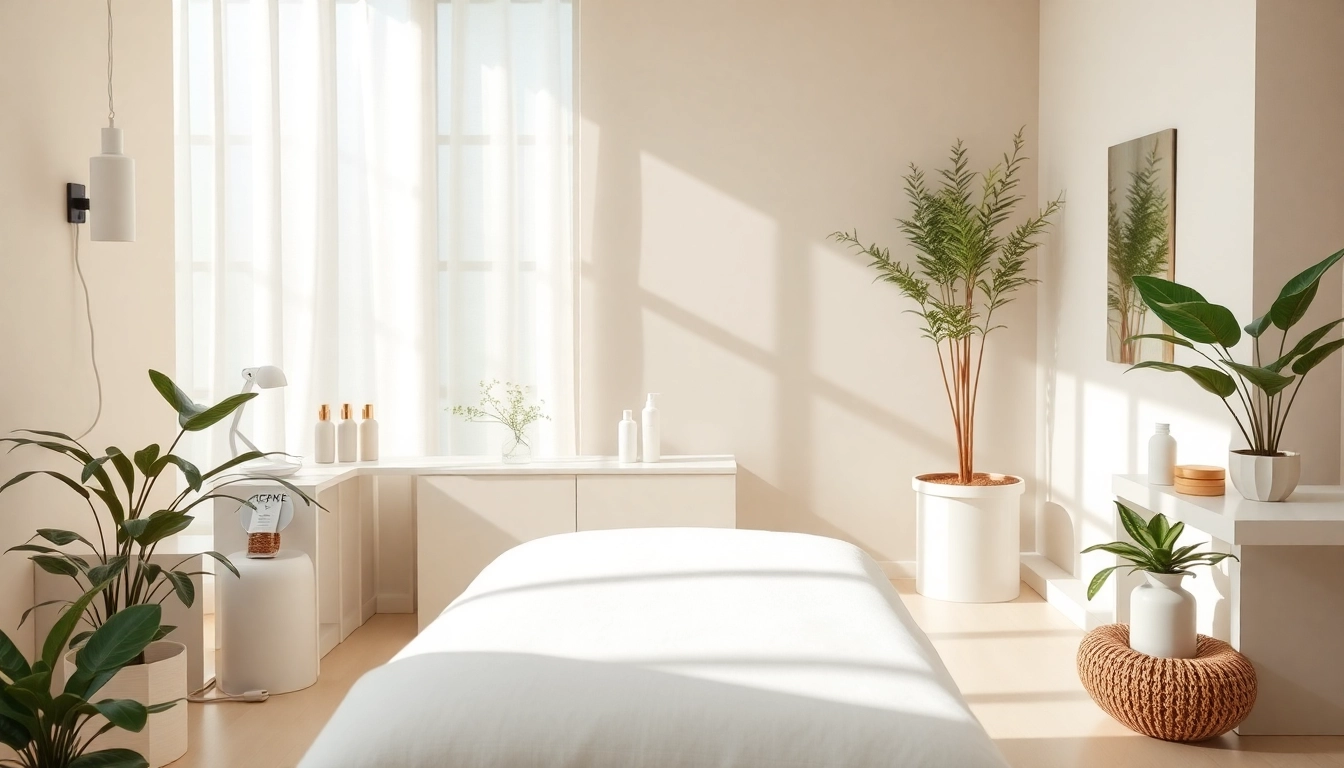Understanding Essential Oils
What are Essential Oils?
Essential oils are natural, concentrated extracts derived from various parts of plants, including leaves, flowers, stems, roots, and fruits. They boast the characteristic scent of their source and have been utilized for centuries across different cultures for their aromatic and therapeutic properties. These oils encompass a wide range of compounds, which can offer various health benefits when used correctly. When considering the potential uses and advantages of essential oil, it is important to recognize their potency and versatility in both personal care and holistic wellness practices.
How Essential Oils are Extracted
The extraction of essential oils can occur through several methods, with the most common techniques being steam distillation, cold pressing, and solvent extraction. Steam distillation involves passing steam through plant material to vaporize the volatile compounds, which are then condensed back into liquid. Cold pressing, typically used for citrus fruits, involves mechanically pressing the peel to release the essential oils. Solvent extraction, though less common due to potential chemical residues, is used for delicate flowers where heat might degrade the oil quality. Understanding these extraction processes helps to appreciate the quality and characteristics of the oil you choose to use.
Common Uses of Essential Oils
Essential oils find applications in various settings, including:
- Aromatherapy: Using oils in diffusers or through inhalation to support emotional and physical well-being.
- Skincare: Infusing oils into skincare products for their moisturizing and healing properties.
- Household cleaning: Harnessing antibacterial properties of certain oils for natural cleaning products.
- Massage Therapy: Blending essential oils with carrier oils for usage in massages.
The Benefits of Essential Oil for Wellness
Physical Health Benefits
Essential oils can significantly contribute to physical health by providing relief from various ailments. Oils such as eucalyptus have been known to assist with respiratory issues, while peppermint oil can alleviate headaches and digestive problems. Furthermore, oils like lavender are reputed to have pain-relieving properties that help reduce inflammation and ease stress-induced tension in the body. Regularly incorporating these oils into your wellness routine can enhance overall health.
Mental Clarity and Emotional Balance with Essential Oils
The impact of essential oils on mental health is equally profound. Scents like lemon and rosemary have been shown to improve concentration and mental clarity, making them ideal for study or work environments. Conversely, oils such as chamomile and jasmine can promote relaxation and emotional balance, which are essential for maintaining a healthy mindset. Integrating essential oils into daily meditation or mindfulness practices allows for a deeper connection to one’s emotional state.
Using Essential Oils in Daily Life
There are myriad ways to incorporate essential oils into everyday life. Here are some easy methods:
- Add a few drops of essential oil to your laundry for a fresh scent.
- Create a personal inhaler for on-the-go relaxation.
- Infuse your bathwater with calming oils for a relaxing soak.
- Use oils in meal preparation, being mindful of which oils are food-safe.
Creating Custom Essential Oil Blends
Essential Oil Blending Basics
Creating custom blends of essential oils can enhance their effects while catering to personal preferences. Understanding the notes of each oil—top, middle, and base—is essential for crafting balanced blends. Top notes are the most volatile and give the immediate scent, while middle notes define the body’s aroma, and base notes add depth and longevity. For instance, blending citrus top notes with floral middle and earthy base notes can result in a well-rounded blend.
Popular Essential Oil Combinations
Some popular combinations include:
- Relaxation Blend: Lavender, chamomile, and sandalwood for promoting peace and tranquility.
- Invigorating Blend: Peppermint, lemon, and rosemary to energize and uplift.
- Uplifting Blend: Orange, bergamot, and ylang-ylang for mood enhancement.
Safety and Storage of Essential Oil Blends
Storing essential oils in dark glass bottles away from direct sunlight extends their shelf life. Label your blends with ingredient details and creation dates to ensure safe usage. Additionally, perform a patch test before applying any new blend to your skin to check for sensitivities or allergic reactions.
Essential Oil in Home Care
Using Essential Oil for Cleaning
Essential oils are effective components in homemade cleaning products. Oils like tea tree and lemon exhibit antibacterial properties, making them valuable in disinfecting surfaces. Recipes for cleaning sprays often combine vinegar or baking soda with these oils for enhanced cleaning power. For a simple all-purpose cleaner, mix water with vinegar and your choice of essential oil.
Aromatherapy with Essential Oil
Aromatherapy utilizes essential oils to promote physical and emotional well-being. Diffusing oils in your home can set a calming or invigorating atmosphere, drastically affecting mood. Essential oil candles or potpourri bowls can further enhance the sensory experience. By tailoring scents to the time of day or activities, you can leverage their therapeutic benefits effectively.
DIY Projects Involving Essential Oils
There are endless DIY projects that involve essential oils. Some popular ideas include:
- Homemade Candles: Crafting candles infused with your favorite scents.
- Potpourri: Creating a natural scent blend using dried flowers and essential oils.
- Room Sprays: Mixing water and essential oils to create an air freshener.
Password Protecting Your Essential Oil Experience
Dos and Don’ts of Essential Oils
To enjoy essential oils safely, remember these guidelines:
- Do: Dilute oils with carrier oils before topical application.
- Don’t: Apply oils directly to sensitive areas or mucous membranes.
- Do: Wear gloves when using oils with strong properties.
- Don’t: Ingest essential oils without professional guidance.
Allergies and Sensitivities with Essential Oils
Individuals may experience allergies or sensitivities to certain essential oils. Symptoms can range from mild irritation to more severe reactions. Industries suggest keeping a list of oils that trigger reactions and consulting with healthcare professionals if any adverse effects are noticed. Understanding one’s personal boundaries with essential oil usage is vital to a positive experience.
Consulting Professionals on Essential Oil Use
While many people enjoy the benefits of essential oils, consultation with a certified aromatherapist or healthcare provider can provide personalized guidance. They can offer insights on safe usage rates, potential interactions with medications, and additional practices to enhance wellness. Professionals can also assist in identifying specific oils that align with individual health goals.



